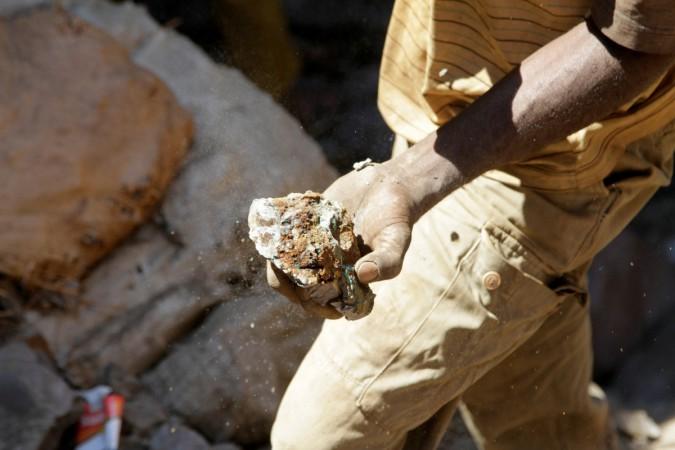
Growing demand for lithium-ion batteries will put an unsustainable strain on the world's cobalt reserves, a new study has warned.
Researchers from the Helmholtz Institute Ulm in Germany predicted that demand for cobalt from the battery industry could be twice as high as the current day's identified global reserves of the metal by the year 2050, potentially leading to shortages and dramatic price increases.
Cobalt is a shiny, brittle metal that is used in the manufacture of metallic cathodes in rechargeable batteries.
Demand for the metal is predicted to soar over the coming years due to the automobile industry's ongoing transition towards electric vehicles, which require lithium-ion batteries to power them.
More than 60% of the global cobalt output comes from one African country – the Democratic Republic of Congo.
"In general, the rapidly growing market penetration of [lithium-ion batteries] for electromobility applications, such as fully electric cars, will lead to an increasing demand for raw materials, especially with respect to lithium and cobalt," said Prof Stefano Passerini from Helmholtz Institute Ulm.
The study predicted that lithium reserves will be considerably less strained compared to cobalt in 2050, although production of the metal may have to be ramped more than tenfold from current levels to meet future demand.
Researchers pressed for the need to move away from cobalt-dependent battery technologies, with batteries based on non-critical elements such as sodium, magnesium, zinc, calcium and aluminum among the alternatives that can be potentially explored.
"Post-lithium systems are especially appealing for electromobility and stationary applications," Passerini added. "This is why it is both very important and urgent to unlock their potential and develop these innovative, high-energy batteries towards market maturity."
Dr Daniel Buchholz from the Helmholtz Institute Ulm added: "It is... indispensable to expand the research activities towards alternative battery technologies in order to decrease these risks and reduce the pressure on cobalt and lithium reserves."
The research is detailed in Nature Reviews Materials.

















